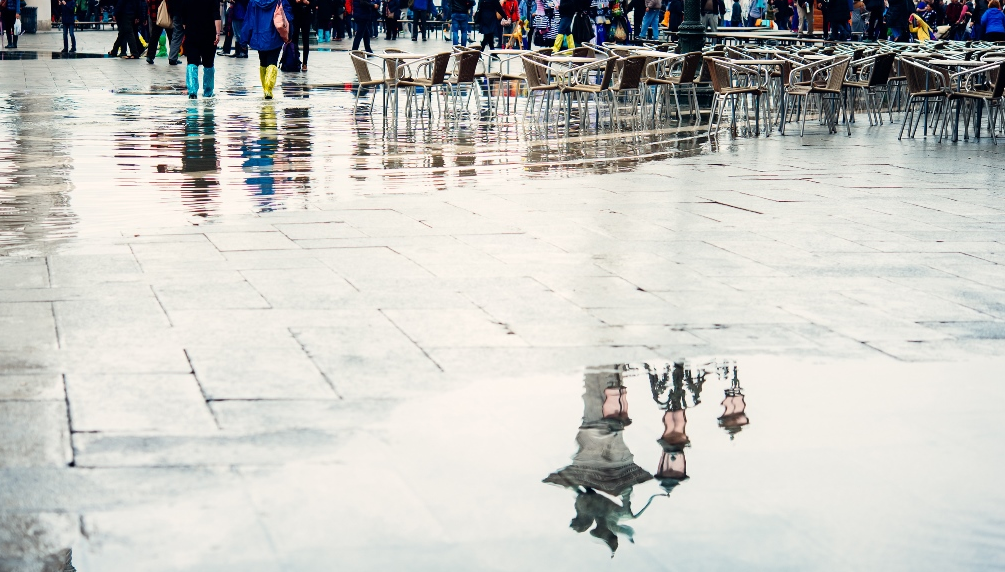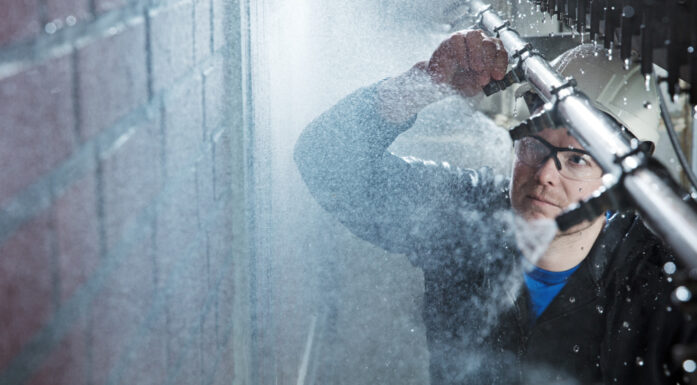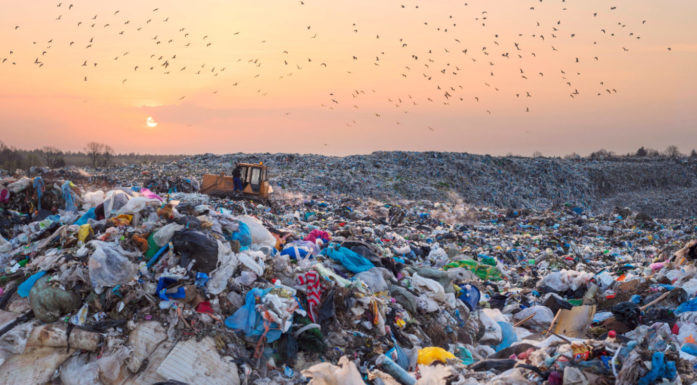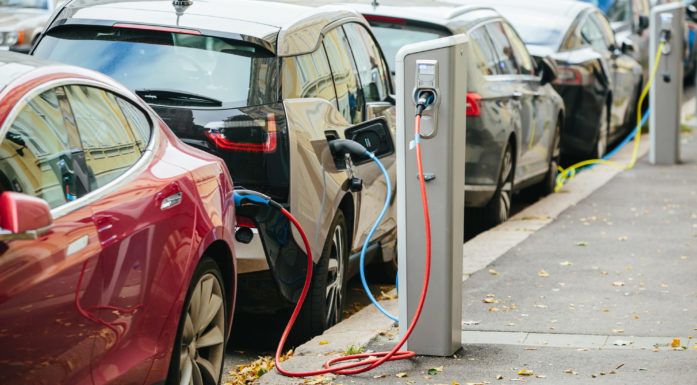New surface water decontamination filter
Warmer weather and more rain have made surface water an environmental problem.
Excess rain that is not absorbed into the ground remains as surface water. Runoff from roads, car parks and other impermeable surfaces may contain contaminants such as heavy metals, organic environmental toxins, salts and solid particles, which in turn can pollute rivers and groundwater. For this reason it is important to develop and utilise systems that can decontaminate surface runoff.
“Increased volumes of rain water resulting from climate change phenomena have made surface runoff an ever-increasing problem”, say SINTEF researchers Kamal Azrague and Gema Raspati. “This water concentrates a lot of pollutant materials and should be decontaminated in order to safeguard good water quality. That’s why we’re developing a new type of filter for just this purpose”.
The research project they are working on is part of the “Klima 2050” programme organised by SINTEF and NTNU to address issues linked to the effects of increasing levels of climate change.
Effective and sustainable
The system the researchers are working on is based on filter bed technology. It involves the use of a bed consisting of one or more materials designed to filter the surface water. In order to decontaminate the water, the filtering process may take advantage of the precipitation of substances in solution, bio-filtering, or the physical removal of solid particles.
“This is a recognised approach to water decontamination”, says Azrague. “But up until now it has not been adapted satisfactorily for treating surface water runoff in Norway”, he says.
Azrague explains that the method will result in a more effective and sustainable approach to surface water treatment, after which the filtered runoff will be so clean that it will be possible to return it to natural ecosystems, such as rivers, without harming the environment. It will also be possible to make such water available for use in various reservoirs.
Testing clay products
The research team is now carrying out tests. To date, it has achieved good results using a system made of Filtralite, which is specifically designed to decontaminate surface and sewage water. Filtralite is manufactured from clay, applying the same engineering principles used to make Leca pellets.
According to the researchers, the advantage of this system is that it combines an extensive and moist surface area with a porous core that acts as an effective trap for microorganisms.
The results have been promising and the researchers are now making adjustments to optimise the action of the filter. They have planned many experiments designed to identify the best filter medium for use as a basis for developing an innovative and sustainable system for treating contaminated surface water runoff. The results will be published later this year.
In the near future, they will also identify a suitable field location where the technology can be tested in practice.




